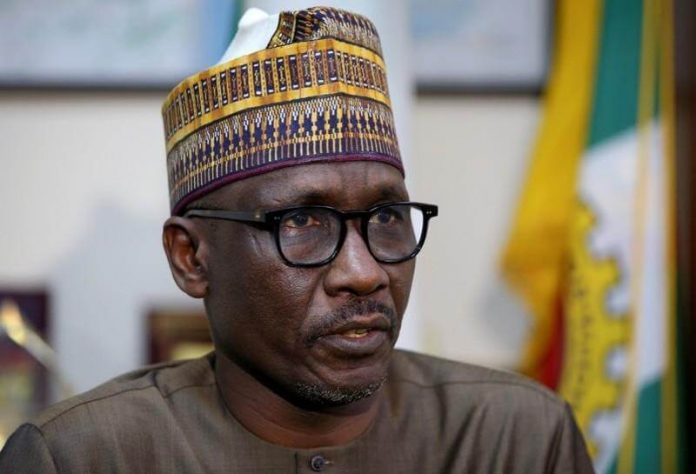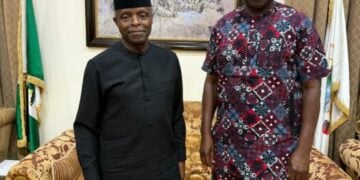Some Civil Society Organisations (CSOs) in the country have said that the two evils of impunity and corruption are behind fuel scarcity and long queues experienced in some parts of the country.
According to the CSOs, some government officials know that even if they are negligent in their duties, nothing will happen to them.
The CSOs described as unacceptable the refusal of some government officials to honour invitations by National Assembly members over the ongoing long queues at filling stations.
The CSOs who spoke to LEADERSHIP are Transition Monitoring Group (TMG) Transparency International (TI) and the Civil Society Legislative Advocacy Centre (CISLAC).
Speaking through their leader, Awwal Musa Rafsanjani, the CSOs said what is happening in Nigeria concerning fuel scarcity and long queues at filling stations is impunity of the highest order.
“It is pure impunity and corruption that is at play because the government officials know that even if they did not honour the lawmakers’ invitation, nothing will happen to them.
“This is what happens in a government where there is no rule of law.
“We have had a lot of issues on fuel subsidies. Officials are now not honouring invitations. It shows you clearly that there is corruption and impunity.”
Rafsanjani said it is a shame for an oil producing nation to be facing this kind of problem.
“The leaders are not accountable; that is why impunity and corruption is everywhere, ” he said.
Lawmakers Fume Over 5-month Fuel Scarcity, Subsidy Payments
Meanwhile, lawmakers in the House of Representatives were left seething with anger after top government officials they had invited to their sitting up yesterday did not show to clarify issues about fuel subsidy and fuel scarcity that has persisted for five months in the country.
Speaker of the House of Representatives, Femi Gbajabiamila, expressed displeasure over their non-appearance at the investigative hearing of the ad hoc committee of the House probing the volume of petrol consumed daily in Nigeria.
Government officials expected at the investigative hearing include the minister of state, Petroleum Resources, Timipre Sylva; minister of finance, budget and national planning, Zainab Ahmed; governor of the Central Bank of Nigeria, Godwin Emefiele and the chief executive officer of the Nigerian National Petroleum Company Limited (formerly group managing director of the defunct Nigerian National Petroleum Corporation), Mele Kyari, as well as the managing director of Petroleum Pipeline Marketing Company, Isiaku Abdullahi, among others.
The chairman of the committee, Abdulkadir Abdullahi, had summoned the GMD of NNPC, the MD of PPMC, the accountant-general of the federation, the CBN governor, the minister of state and permanent secretary of the Ministry of Petroleum Resources, and the minister of Finance and permanent secretary, Ministry of Finance.
The Speaker, who was represented by the deputy majority leader, Peter Akpatason, bemoaned the absence of stakeholders strategic to the investigation.
“In a situation where stakeholders are given the opportunity to come and participate in a parliamentary investigative hearing and organisations are not serious about it, it is very unacceptable to the parliament.
“In fact, it was expected that the critical stakeholders that have been invited here should be represented by their chief executive officers. I hardly can see any chief executive officers here, how much more not sending any representatives. It is a shame; it is not acceptable to the House of Representatives.”
He lamented that people and organisations saddled with the responsibility of managing a critical assignment like the distribution and sale of PMS in the country would be reluctant to come and answer to their duties.
“So, we want to see this attempt by critical stakeholders to absent themselves from this investigative hearing as an attempt to frustrate the effort of the committee and the parliament and we will not take it lightly,” he asserted.
The Speaker, however, asked Abdullahi Ningi, chairman of the committee, to sanction the heads of agencies that failed to appear before the lawmakers.
The speaker added that the agencies and stakeholders who “conceal” information from the committee would “run into trouble.”





